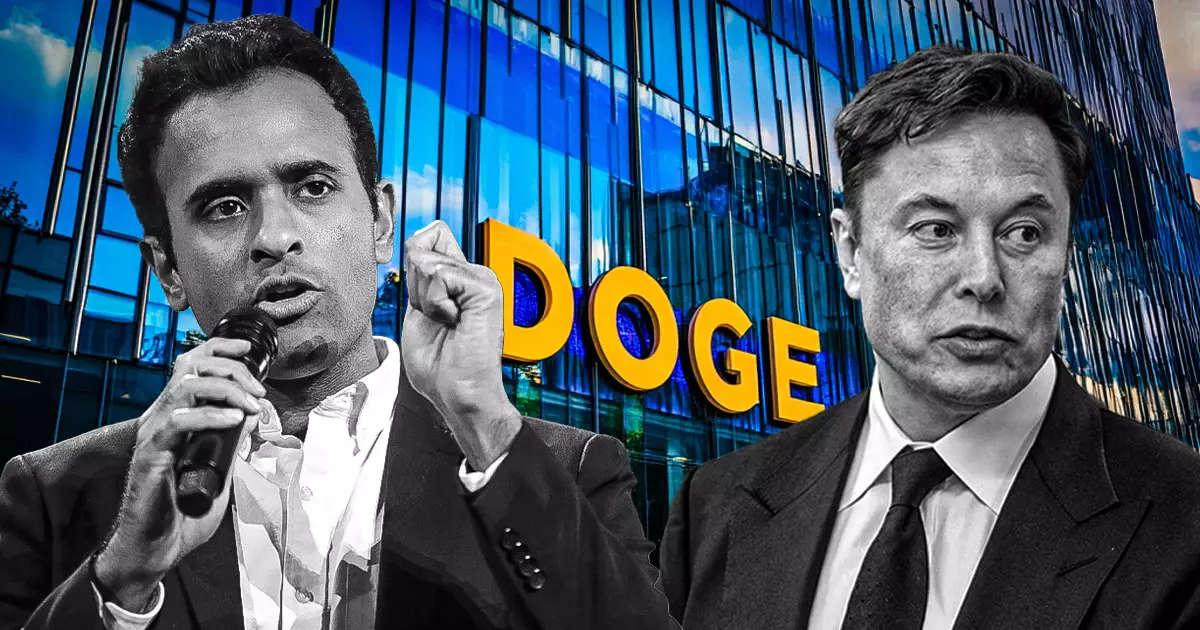In a surprising move, US President-elect Donald Trump has unveiled an ambitious initiative aimed at reshaping the American government—introducing the Department of Government Efficiency, or DOGE. The appointment of tech luminary Elon Musk and former presidential candidate Vivek Ramaswamy as leaders of this new department signals a significant shift towards incorporating innovation and technology into government operations. Announced via Trump’s Truth Social platform on November 13, the DOGE initiative seeks to combat inefficiency, curtail excessive regulations, and make the federal spending process more streamlined.
Drawing parallels to the historic Manhattan Project, which was instrumental in developing the atomic bomb during World War II, Trump envisions DOGE as a cornerstone of his “Save America” campaign. His commitment to dismantling what he terms “waste and fraud” in the sprawling $6.5 trillion US budget reflects a broader desire for a leaner government. The ambitious aim is to achieve tangible results by July 4, 2026, marking the 250th anniversary of the Declaration of Independence. This symbolic deadline aligns with a vision of liberation from bureaucratic constraints, although skepticism remains about the feasibility of such sweeping reforms in a complex political landscape.
Both Elon Musk and Vivek Ramaswamy are well-known for their advocacy of cryptocurrency and innovative business practices, which they intend to implement within DOGE. Musk, in particular, has pledged transparency throughout the initiative, stating that all updates will be made available online to foster public participation. This endeavor to engage citizens in the reform process is significant; it marks a new era in which government functions are anticipated to be more interactive and accountable. Ramaswamy emphasized this commitment to public involvement, promising that the department will accept submissions related to government waste, allowing everyday Americans to share their insights on inefficiencies.
While the announcement sparked enthusiasm among Dogecoin supporters—given the cultural connection of the initiative’s name—euphoria was somewhat muted by the immediate market response. Following the announcement, Dogecoin’s price experienced a considerable decline, leading to questions about the potential impact of this initiative on cryptocurrency markets. As analysts gaze into the future, they speculate on whether Musk’s prominent role in DOGE could catalyze a resurgence in Dogecoin’s popularity, especially as a favorable bull market looms.
The establishment of DOGE under Trump’s administration is not merely an experiment; it embodies a critical exploration of the intersection of technology and government authority. As Musk and Ramaswamy steer this new office, the success of the initiative will depend on their ability to convert their vision into reality, striking a delicate balance between genuine reform and public skepticism. Whether DOGE will indeed fulfill its promise to eliminate waste and invigorate the government remains to be seen, but it has undoubtedly sparked a necessary conversation about efficiency, transparency, and the future of American governance.

